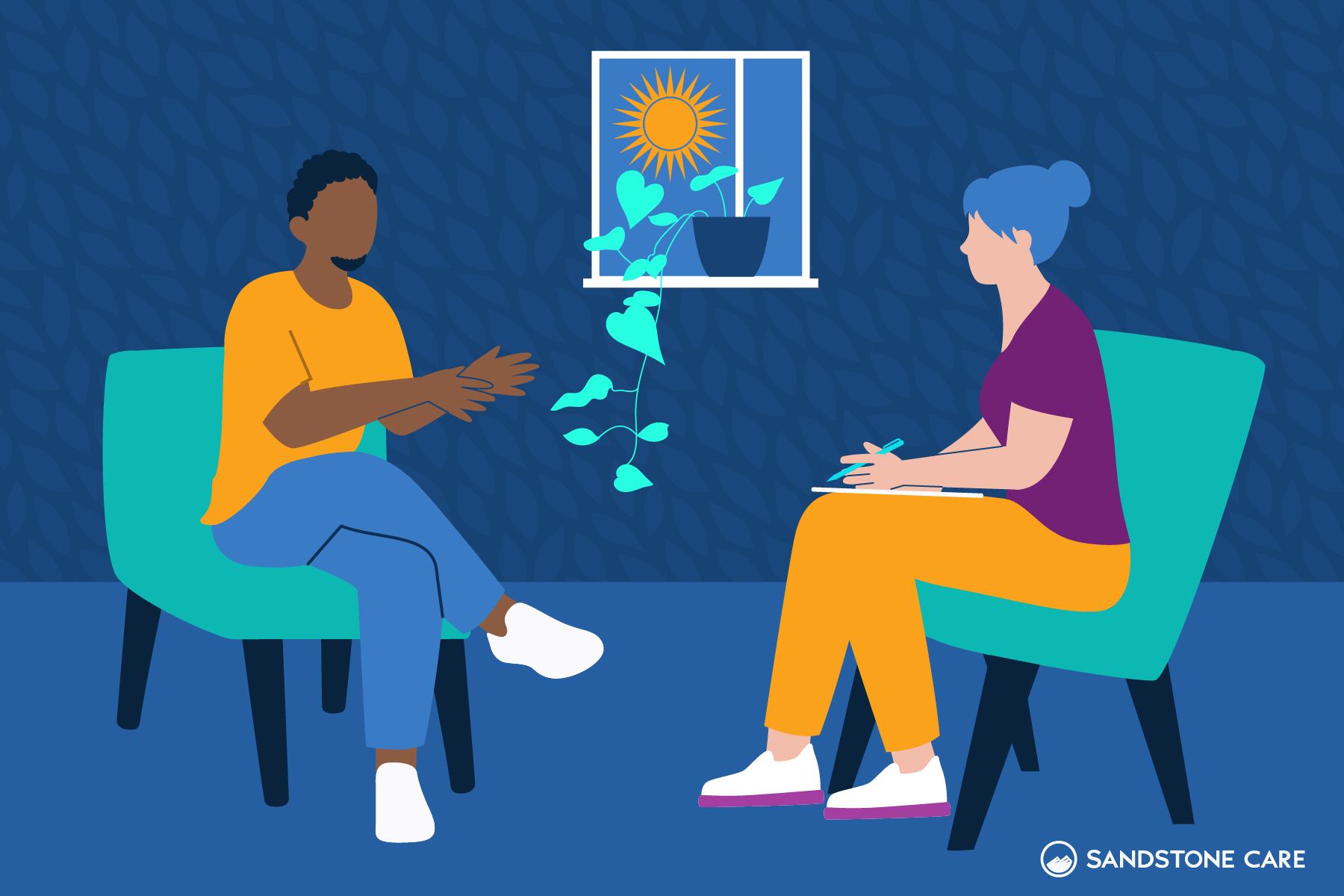What is PACT?
Imagine sitting in a couples therapy session with your partner. The therapist asks you to recreate a difficult experience in your relationship. Maybe you had a fight about how much time your partner spends on work, or how much time you spend with friends.
If you were in the office of a therapist practicing the psychobiological approach to couples therapy (PACT), they would slow everything down and point out a change in your facial expression or your partner’s tone of voice as you addressed this conflict, in real time.
They’d then ask you to examine the moment-to-moment details of your interaction with the goal of helping you to feel seen, loved and cared for in your relationship.
How PACT Works
PACT draws on research in neuroscience, attachment theory and the biology of human arousal. With sessions as long as three to six hours, going deeper at each meeting allows couples to make progress more quickly. A PACT therapist might also videotape a session to give couples immediate feedback on their interactions.
During a PACT session, you’ll be asked to pay close attention to your and your partner’s micro-expressions and micro-movements.
According to the theory, these subtle cues reveal when our nervous systems feel under threat. So closely observing something as slight as a tapping finger or shift in our eyebrows can allow us to name and manage an emotion, like fear, before it takes over.
Predicated on the idea that we often don’t consciously know what we’re doing, PACT uses this body-based learning to help you understand why you feel and act the way you do in a given moment.
PACT therapists also look at your experiences in early relationships, such as with a parent, to understand how you have learned to feel safe and secure in relationships. With that knowledge, they help you to strengthen your connection with each other.
To address conflict more effectively in the future, PACT therapists also coach you on how to better manage your reactions when you feel threatened.
Is PACT Right for You?
Because PACT was designed for couples, it’s not used to treat issues like depression or anxiety with an individual. However, PACT can address how such issues impact a relationship.
In fact, PACT is less focused on specific issues than how partners’ attachment styles and nervous systems influence interactions. Due to its focus on visual and other nonverbal aspects of communication, PACT is not practiced over the phone.
PACT may not be appropriate for non-monogamous or polyamorous partnerships because it’s rooted in assumptions that only two people are romantically involved and that they prioritize their attachment to each other over other relationships.
PACT and Substance Abuse
In the case of substance abuse and addiction, a PACT therapist would look at substance use as a “third”. In other words, substances are another thing, like time away from each other, that can get in the way of couples putting their relationship first.
PACT therapists therefore try to help couples manage substance use so that it doesn’t interfere with protecting each other as much and as often as possible.
Psychobiological Approach to Couple Therapy for Teens and Young Adults
At Sandstone Care, opening the doors to a new relationship with your partner, your family, and a better version of your life is central to the treatment process.
If your teen or young adult is struggling with substance abuse, mental illness or a combination of both, finding the right program can make all the difference.
Sandstone Care offers comprehensive treatment programs for co-occurring disorders, and we’re here to answer any questions you may have about PACT and additional treatment options. Give us a call anytime at (888) 850-1890.






